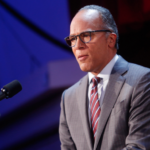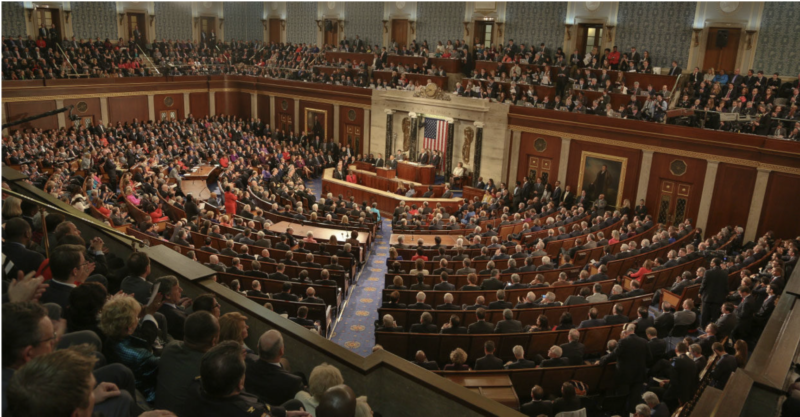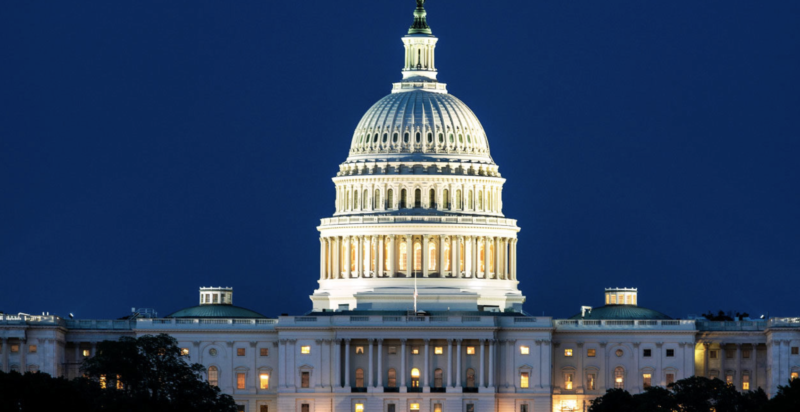Penna Dexter hosts today. She chats with Bill Dallas CEO of United in Purpose. He tells us about why the Christian vote is so important and Christians need to get out and vote.
Next up is Doug Sachtleben, Club for Growth Communications Director. Doug will talk with Penna about the first Presidential Debate.
Finally, we hear from Rachel Bovard, director of policy services for The Heritage Foundation. She discusses the continuing resolution and dangers of a lame duck session of Congress.


Doug is a native New Jerseyan. He and his wife, Robin, have five children.


Before joining Heritage, Bovard was policy director for the Senate Steering Committee, a caucus of conservative senators, under the successive chairmanships of Sen. Pat Toomey, R-Pa., and Sen. Mike Lee, R-Utah.
Bovard’s succession of staff posts over nine years in the Senate and House of Representatives include serving as legislative director to Sen. Rand Paul, R-Ky., and as senior legislative assistant to Rep. Donald Manzullo, R-Ill., and Rep. Ted Poe, R-Texas.
In 2013, she was named to National Journal’s list of “25 Most Influential Women in Washington Under 35.” She is a former intern at The Heritage Foundation.
Bovard, who was born and grew up in Rochester, N.Y., received her bachelor’s degree, summa cum laude, in history and political science at Grove City College in 2006. She also holds a master’s degree in professional studies from the Graduate School of Political Management at George Washington University.
In addition to her public policy pursuits, Bovard is an accomplished sommelier, a wine educator, and a diploma candidate in the Wine & Spirit Education Trust.

There are nearly two months in between Election Day in November and the swearing-in of the newly elected Congress in January. This period is known as the lame-duck session, because many of the voting members won’t be returning due to defeat or retirement (hence, they’re “lame ducks”).
Why is it dangerous? Because those lame ducks have no oversight or accountability, and the members who are returning have just won re-election—and won’t have to face the voters for two or six more years.
It wasn’t always this way. Lame-duck sessions used to be a quirk of history, only employed to address pressing issues or unexpected emergencies. However, they are now routinely used by both parties to schedule difficult or controversial votes after the election.

Believe it or not, that’s pretty much the way Congress routinely funds the federal government.
The Congressional Budget Act of 1974 requires the legislative and the executive branches to agree upon a dozen different appropriations bills before the end of the fiscal year, Sept. 30. And year after year, they have failed to meet this deadline.

The end of the fiscal year is when Congress tends to throw fiscal responsibility out the window in order to avoid taking tough votes, especially before an election—and this year is no exception.
In recent Congresses, an end of the fiscal year continuing resolution has become a routine maneuver to push back the spending debate until the holidays in December. That’s when Congress usually scrambles to come to an agreement before the deadline (positioned just as everyone wants to get home to their families), which characteristically takes the form of an immense spending package that blows through the discretionary spending caps Congress set in 2011.
Indeed, since 2013, this breakdown in the budget process has led to Congress busting through its budget caps by a total of $174 billion. That’s billions in spending that would not have happened if Congress had stuck to its normal appropriations process and abided by the caps it instituted under the Budget Control Act of 2011.
 Listen Online
Listen Online Watch Online
Watch Online Find a Station in Your Area
Find a Station in Your Area


 Watch Now
Watch Now Listen Now
Listen Now 






 Listen Now
Listen Now Watch Online
Watch Online
